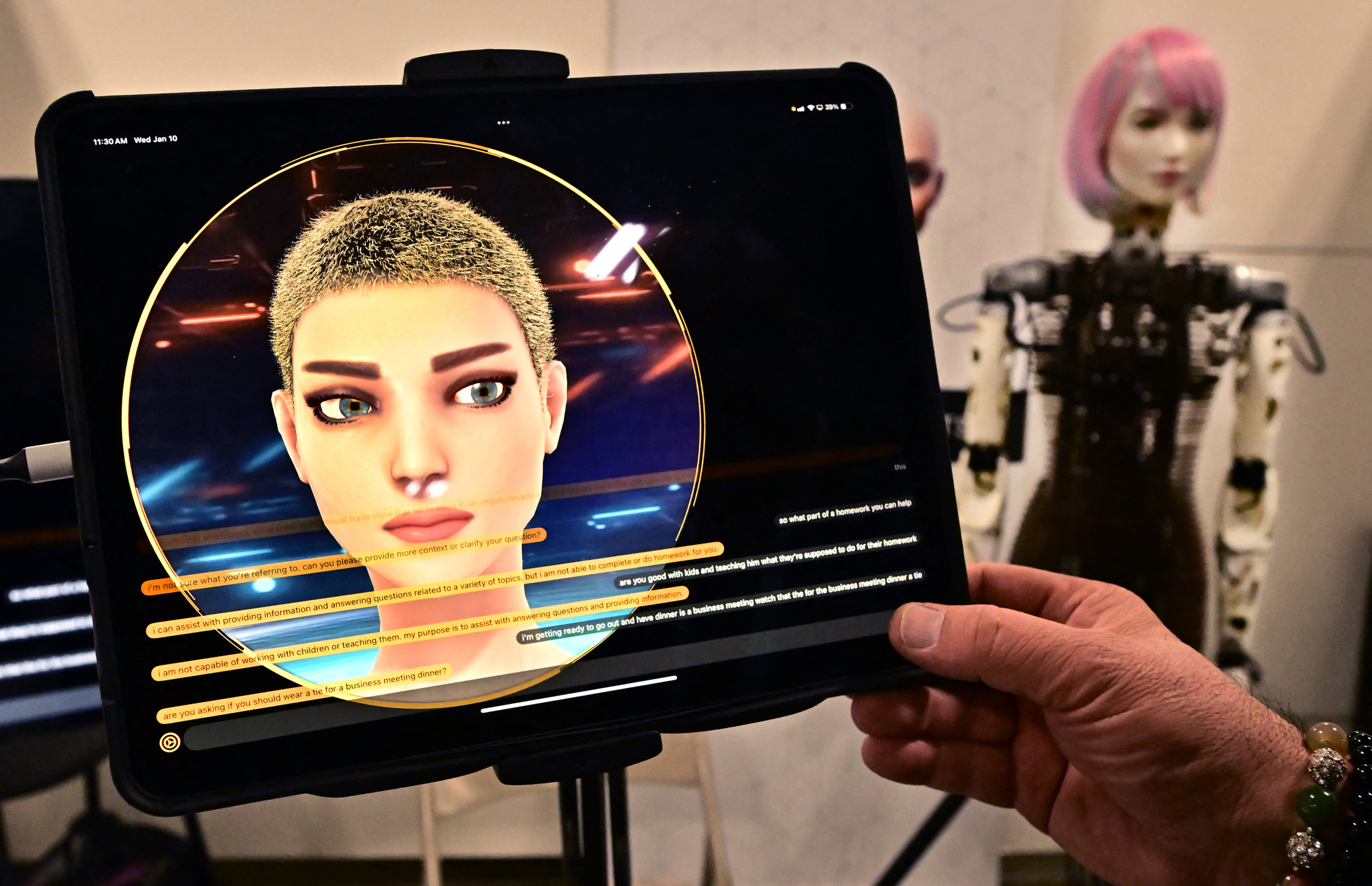In China, there is a growing trend in the tech industry where artificial intelligence is being employed to help bereaved individuals reconnect with their deceased loved ones by creating avatars in their likeness.
China has been at the forefront of the generative AI revolution, leading in terms of patent filings in this sector. According to U.N. data, Chinese patents in generative AI have surpassed those in the U.S. by over six times between 2013 and 2023. This surge in AI development has also given rise to AI-cloned influencers who actively promote products on Chinese e-commerce platforms.
One notable company capitalizing on this trend is Super Brain, a startup based in Nanjing, founded by entrepreneur Zhang Zewei. Super Brain and similar enterprises input various data about the deceased such as images, videos, and audio recordings into large language models (LLMs) to create lifelike avatars.
Super Brain reported having “resurrected” over 1,000 individuals, with a surge in orders leading up to the Qingming Festival in April. This significant Chinese festival involves families paying respects to deceased ancestors.
Zhang’s company offers three main services at different price points, ranging from hundreds to thousands of dollars. These services include “AI healing,” where employees interact with customers while embodying the appearance of the deceased and overlaying their voice. Another service involves creating a digital photo frame of the individual, while the most intricate offering is a hyperrealistic 3D model utilizing holographic technology.
Zhang emphasized China’s global leadership in AI technology, highlighting the market demand due to the emotional needs of a vast population. One such family that availed these services was Seakoo Wu and his wife, who paid for a digital replication of their late son. Mr. Wu expressed hope that advancements in technology might one day allow him to reunite with his son in the digital realm.
Experts have raised concerns about the ethical and legal implications of this emerging technology.
Andrew Wilson-Bushell, an associate at London law firm Simkins LLP, emphasized the complexities and variations in laws related to AI worldwide, urging users and platforms to consider issues concerning data rights and regulatory frameworks.
